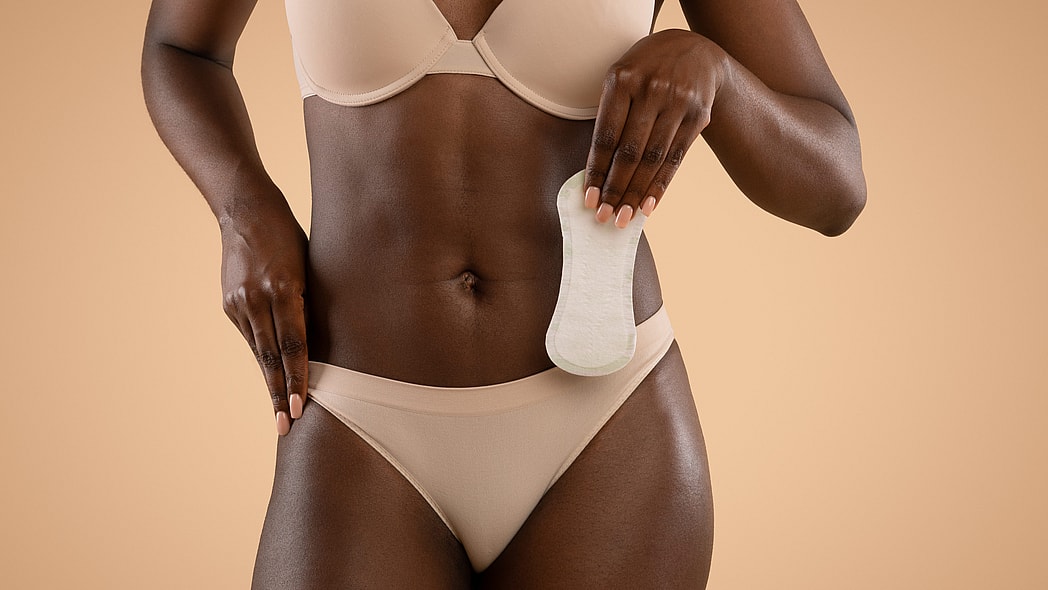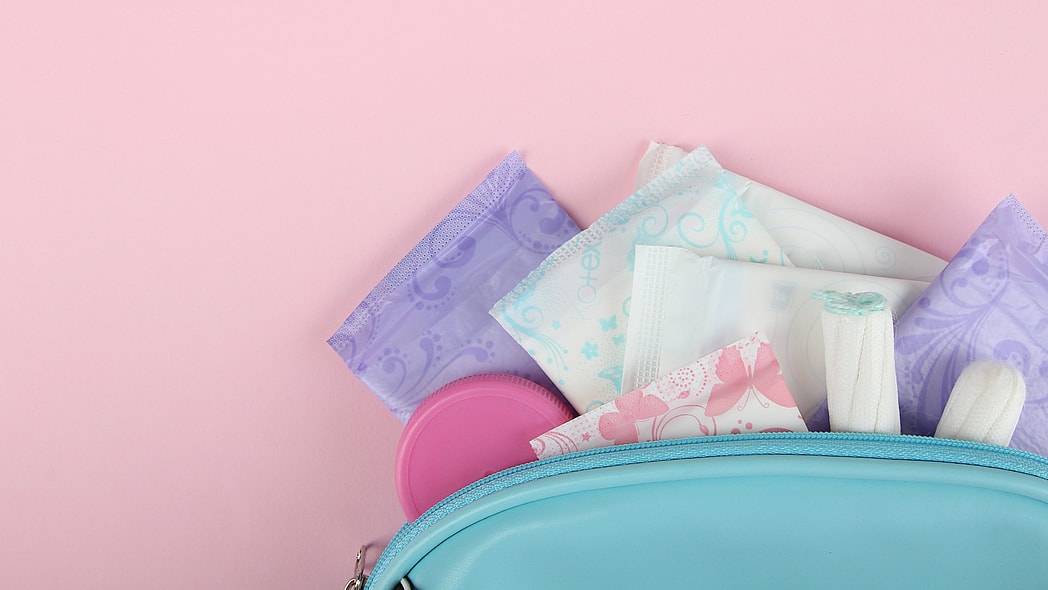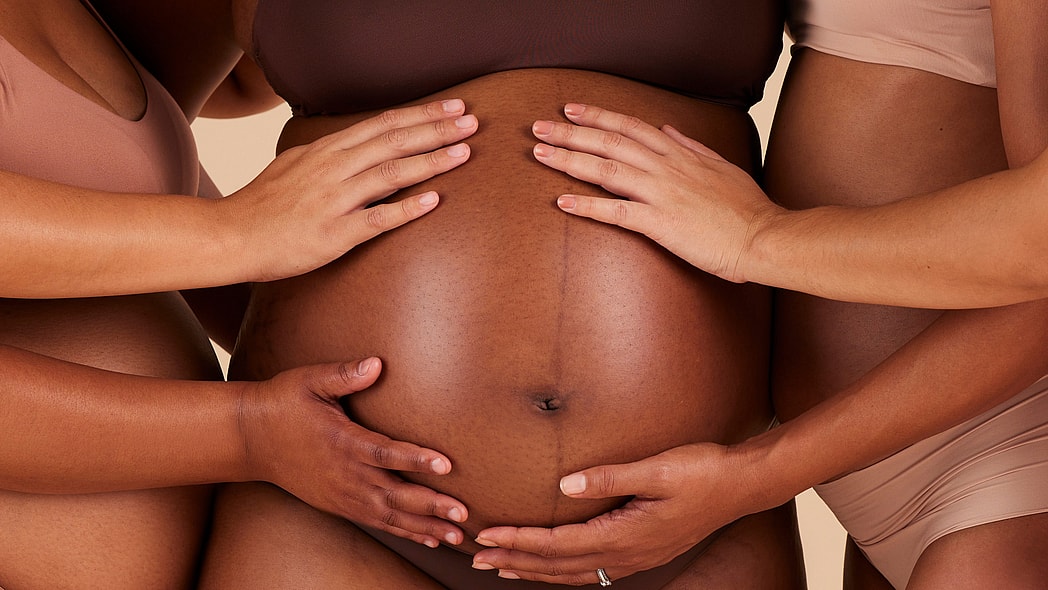When Sabrina Natasha Browne runs out of menstrual hygiene products, she, like a lot of people, goes to CVS and pays the $12 to $15 it may cost to replenish her supply. Up until four years ago, she didn’t realize how many others who menstruate simply can’t walk into a drugstore and walk out with the menstrual health products they need, especially in her community of Hoboken, New Jersey.
“I was aware period poverty impacted global communities but couldn’t believe it was occurring in my local community of Hoboken,” Browne said while speaking to theGrio during Menstrual Health Awareness Month in May.
The New Jersey-based professional said her eyes were opened while participating in a volunteer drive for products hosted by The Hoboken Girl and The Flow Initiative, a national nonprofit based in New Jersey.
“As a volunteer, I immediately galvanized my network to donate thousands of products to help those in need,” she added.
Browne didn’t stop there. She eventually became a partner in The Flow Initiative, working alongside founder Eiko La Boria to end period poverty for all. She specifically handles organizational partnerships and drives consumer awareness of period poverty nationwide.
“I’m proud to be a partner at The Flow Initiative and be at the forefront of the menstrual health movement with Eiko as we work to end period poverty,” she explained.
Browne described period poverty as “a public health issue when women, girls, people who menstruate, don’t have access to menstrual health products, including pads, tampons, panty liners.”
She added that it’s a global issue impacting adults and children. Roughly two in five teens have reported struggling to afford menstrual health products, one in five may miss school because of their period, and another 44% have reported experiencing embarrassment or shame around not having access to products. When people don’t have reliable access to quality menstrual health products, their ability to go to school, work, and contribute to society can be affected.
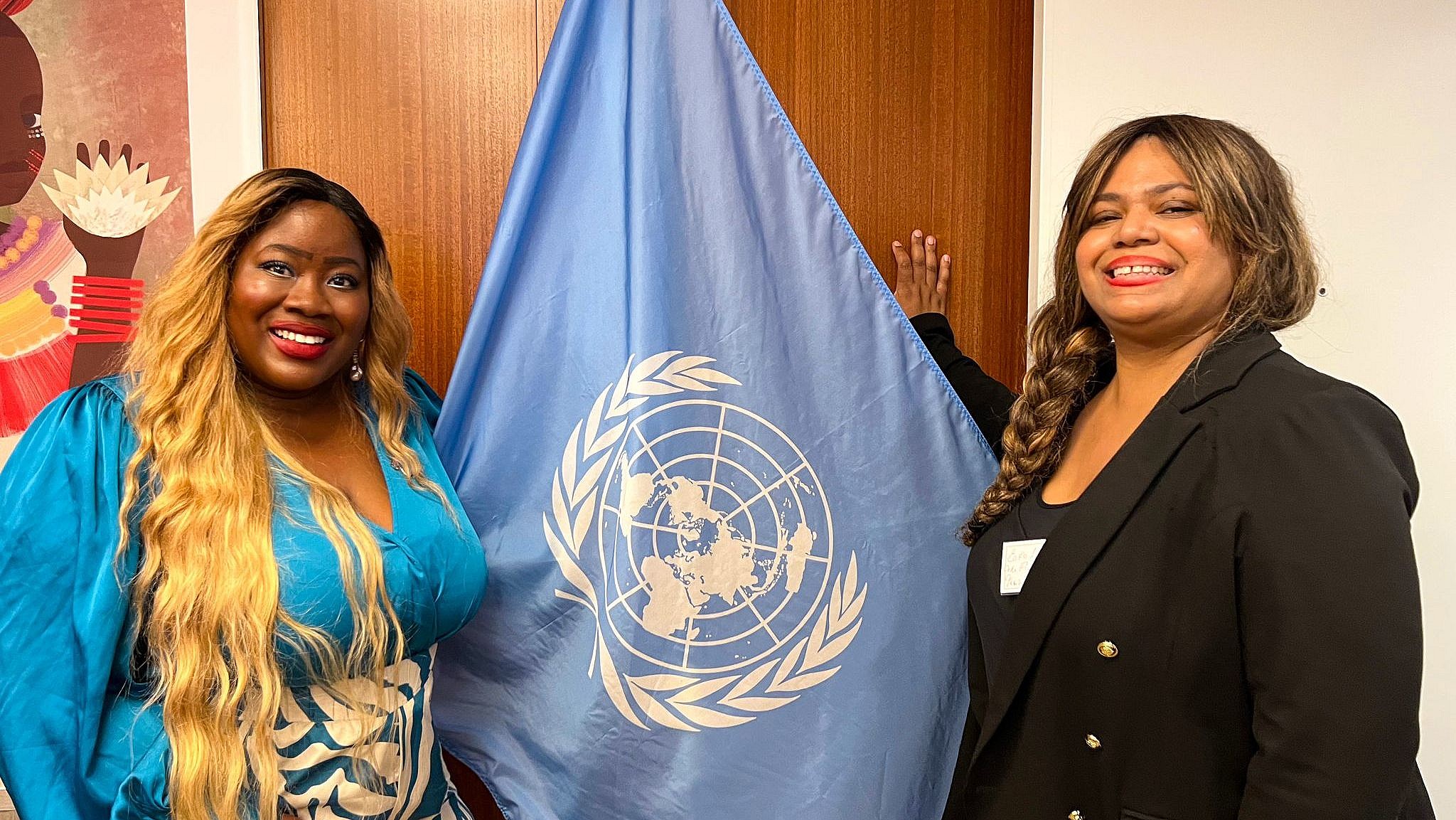
“There are several ways period poverty can impact a person, including educational disruption, health issues, psychological effects, economic mobility, and social stigma and isolation,” La Boria shared over email. “The financial burden of purchasing menstrual products can strain limited household resources, exacerbating poverty.”
Period poverty is a public health issue that can impact Black and brown women at disproportionate rates in this country and those of lower income status. It may not just be access to the right products but also the right tools to manage symptoms like pain from cramps.
“Even when a Black woman has access to menstrual products, the symptoms alone can impact their education, work, and personal life. But when these symptoms are compounded by period poverty, the toll can be even greater,” Browne said over email.
While period poverty can accompany poverty in general, “It’s not something that discriminates, where I would sit here and say, ‘Well, okay, there’s a hotspot in this one particular state.’ Every single state is dealing with period poverty,” Browne explained.
The Flow initiative, launched by La Boria in New Jersey in 2018, strives to end period poverty and further promote menstrual health equity. The national nonprofit uses a three-pronged approach to get at the heart of the problem. First and foremost, it helps provide products. Next, it provides education about menstrual health and hygiene. The final step in its approach is influencing policy.
Last year, The Flow Initiative celebrated the passage of New Jersey Bill A1349, which mandates that all public schools provide free menstrual health products to students in grades 6 through 12. The bill also requires the state to cover the cost, which Browne said is “taking the burden off of the schools.”
Recommended Stories
“From my perspective, we’ve seen women and girls and people who menstruate impacted especially at the school level, because that’s a good chunk of where our work sits,” Browne added.
She explained students are “missing school, missing professional development, and those opportunities for not having access to the products. And now New Jersey is one of the first states to really chart a path where, hopefully, other states will replicate and issue similar legislation.”
Widespread legislation could also potentially lead to a greater understanding universally about menstruation. Browne noted that half the world’s population menstruates, yet rampant misinformation and undereducation persist.
Browne said that when hosting events, The Flow Initiative is inundated with questions ranging from general menstruation questions to advice on the best products.
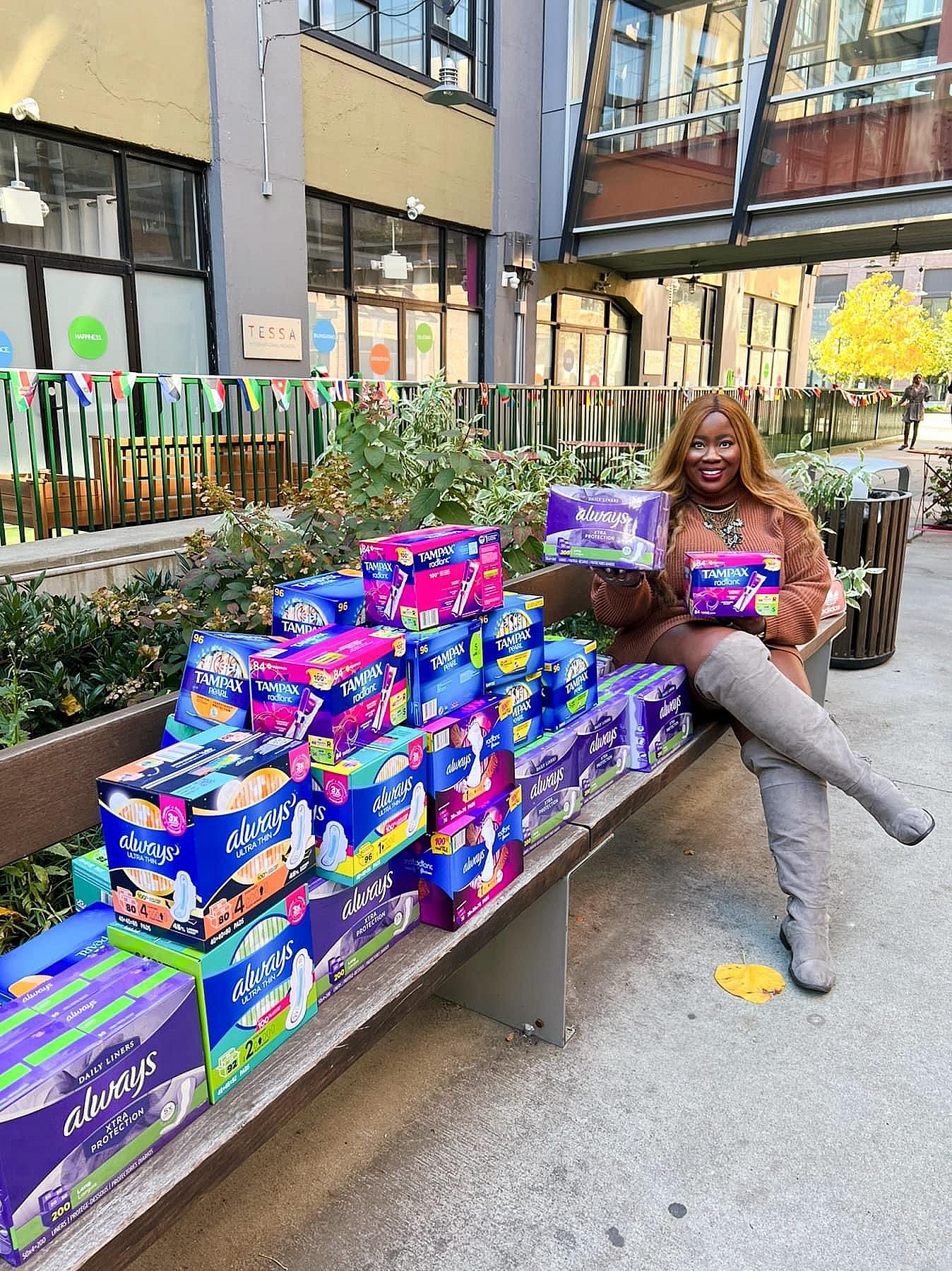
“In doing this work and talking to some of my peers, I’ve learned how many either got their periods and didn’t know what it was,” Browne noted. “I mean, each of our experiences when you think back to where [you were when you] got that first period, ‘Who helped me?’ ‘Who listened to me?’ For some of us, it’s moments of pride and excitement. For others, it may bring back pain and sorrow.”
Browne, who is Liberian and Belgian, said she grew up in a household where there wasn’t shame around menstruation. She was raised with ample supplies rather than stigma and given the 101 from her grandmother. La Boria, who is Puerto Rican, didn’t learn the specifics about menstruation until her first period when her mother, who worked as a nurse, explained to her that it would happen each month.
“I was devastated and annoyed,” she said. “This inspired me to ensure that young people have the education to know what is happening to their bodies, the skillset to properly manage their menstrual cycle, and understand the profound responsibility that comes with it.”
The Flow Initiative has made many inroads since its launch. To date, the organization has distributed over 1.3 million menstrual health products, conducted a little over 300 workshops, and, in addition to successfully advocating for the passage of Bill A1349, helped secure the official Menstrual Health Equity Day in New Jersey on May 28.
They have also had the chance to partner with major menstrual health product market players, including U by Kotex and Period.org. Other partners have included Horizon Blue Cross Blue Shield of New Jersey, the U.S. Department of Health and Human Services, and more.
Browne said that from White House meetings to influencing local policy, The Flow Initiative has managed to establish itself as a “credible national player” in the mission for menstrual health equity.
“We’re credible, we’re compassionate. We’re on the front lines of this work. And that’s what brands that have worked with us appreciate,” she said.
The initiative is also always at work. Amid a social media campaign titled “Voices For Change,” the organization is hosting a period product drive to secure 100,000 to help support students through the summer months. La Boria said they are also gearing up for more initiatives.
“The Flow Initiative is in its innovate and diversify solutions era. We have exciting initiatives coming up,” she said.
To learn more about period poverty and how you can support its efforts, visit The Flow Initiative’s website.

